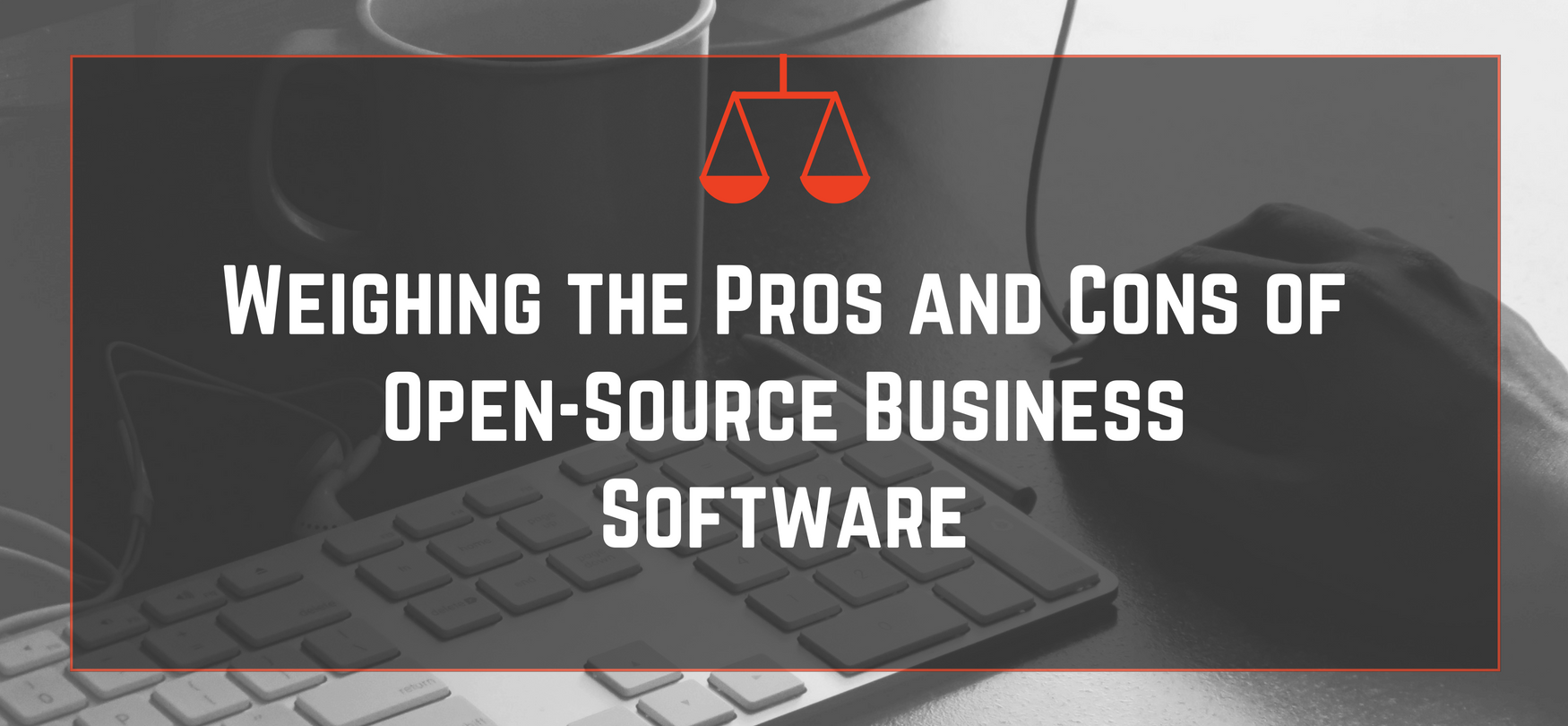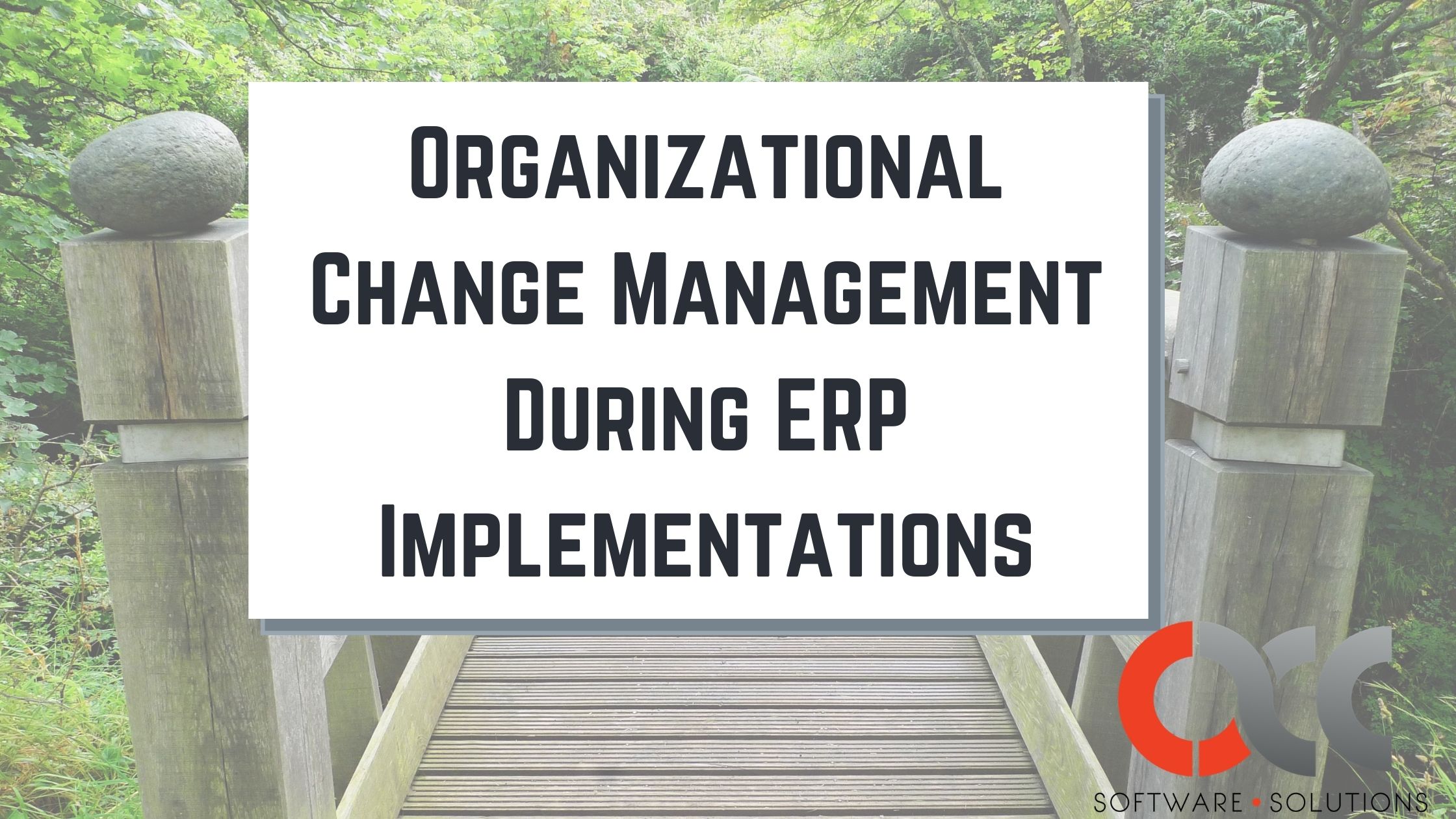
Acumatica’s powerful dashboards help you to visualize your raw enterprise data and turn it into easy to use actionable information. However, you’ll first have to set up your dashboards. Hopefully, this post will get you started.

The ERP software industry is more competitive today than ever before. With so many options on the market, it’s easy to fall succumb to analysis paralysis, stalling your entire project before it ever really begins. But by taking a systematic approach you can avoid delays and find the best fit for your company’s unique needs.

EDI stands for Electronic Data Interchange and enables organizations to exchange data between business partners in a standardized electronic format quickly, accurately, and reliably. Find out how EDI technology works and the benefits for your business.

The growing popularity of open-source software has opened up new possibilities for organizations searching for affordable and customizable software to help run their business and drive innovation. As with any question involving so many complex variables, the only blanket answer is “it depends” but we’ll try to provide a comprehensive evaluation of the pros and cons of open-source business solutions in this post.

Organizational change management and planning will be a major factor in the success of ERP implementation projects. By adhering to the considerations outlined in this post, your business will be better equipped to create lasting organization-wide change by maximizing the value and positive impact of a new system and improved processes.

Are you an ERP hero? Find out how searching for an ERP solution for your company makes you like Luke Skywalker and how ACC can help you beat Darth Vader! The Hero’s Journey dictates the precise steps that a hero must take along their path to success. These include a call to action, help from a mentor and/or supernatural force, some set-backs along the way, and ultimately a decisive victory.
Solutions by Industry
What's New
Preparing Your Business for ERP Modernization
Read MoreSubmitted by Stephanie Dean on Mon, 03/02/26 - 11:47
Smarter Payment Workflows Start Inside Your ERP
Read MoreSubmitted by Stephanie Dean on Wed, 02/25/26 - 13:33
Building a Smarter Business with Acumatica in 2026
Read MoreSubmitted by Stephanie Dean on Thu, 02/19/26 - 10:53